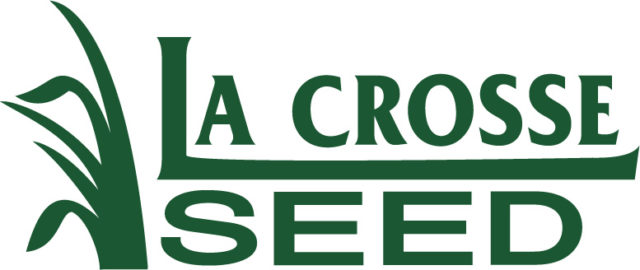Please describe your agricultural background.
I did not grow up around production agriculture or on a production livestock operation; rather I grew up on a small horse farm and still pursue equestrian sports today. I have a great love for the outdoors, science, and gardening and that is likely what encouraged me to enter the field of agricultural engineering. After receiving my degrees, I have worked in positions providing considerable exposure to livestock and row crop production agriculture, and I have had the opportunity to work with many great farmers and producers.
What education are you bringing with you to this position?
I attended the University of Tennessee-Knoxville where I received a Bachelor of Science degree in Agricultural Engineering and a Master of Science in Biosystems Engineering. I am also a licensed Professional Engineer.
What previous positions have you held?
Prior to accepting this position, I had held positions at the University of Tennessee (1998 - 2004) and Iowa State University (2004 – 2010) where I performed extension and research activities related to animal feeding operation manure and nutrient management. During the last 12 years, I have been actively engaged in laboratory and fieldwork involving comprehensive nutrient management planning, phosphorus recovery from agricultural wastewaters, beef feedlot runoff control, and anaerobic digestion of manures and other materials.
What are your new responsibilities?
My responsibilities include developing and directing The Fertilizer Institute’s (TFI) stakeholder outreach programs related to field level use of fertilizer through education and promotion of the 4R Nutrient Stewardship system (utilizing the right fertilizer source at the right rate, right time, and right place). I also manage the daily activities of the recently formed Agricultural Nutrient Policy Council (ANPC), an ad hoc group of agricultural organizations seeking a balanced approach to environmental policies and regulations to ensure the agricultural sector’s ability to produce safe and abundant supplies of food, fiber, and fuel while promoting a sound environment.
What territory will you cover?
TFI represents the U.S. fertilizer industry including producers, importers, retailers, wholesalers and companies that provide services to the fertilizer industry.
What excites you most about working in your new role?
Making the move from Ames, Iowa to Washington, D.C. has been a fun and exciting opportunity. In my new position, I look forward to having the opportunity to speak to people and provide outreach about voluntary efforts to enhance water and air quality. I also look forward to the opportunity to interact with individuals working on policy and regulation to encourage them to consider what farmers and producers are doing to be good environmental stewards and the role of agriculture in the production of a safe and abundant supply of food, fiber, and fuel.
How will you be of most help to producers in your region or area of expertise?
I believe I will provide the most help to farmers through promoting voluntary adoption of 4R philosophy to producers and policy providers. 4R nutrient stewardship has the opportunity to greatly benefit the farmer and the environment. The 4R stewardship philosophy is an innovative and science-based approach that offers enhanced environmental protection, increased production, increased farmer profitability, and improved sustainability. The concept is to use the right nutrient source, at the right rate, at the right time and with the right placement. Correctly managed, fertilizer positively enhances sustainability; however, fertilizer can also negatively impact sustainability. Unmanaged nutrient applications have the potential to increase nutrient losses and potentially degrade water and air. For fertilizer use to be sustainable, it must support cropping systems that provide economic, social and environmental benefits.
Why did you choose this company?
My position at TFI gives me the opportunity to have a positive effect on agriculture and the environment, to expand my knowledge base on agricultural issues, and to have exposure to the “inner workings” of agricultural policy and legislation. Also, during my interview, I really enjoyed the atmosphere and staff and immediately felt like TFI was a good fit for me.









